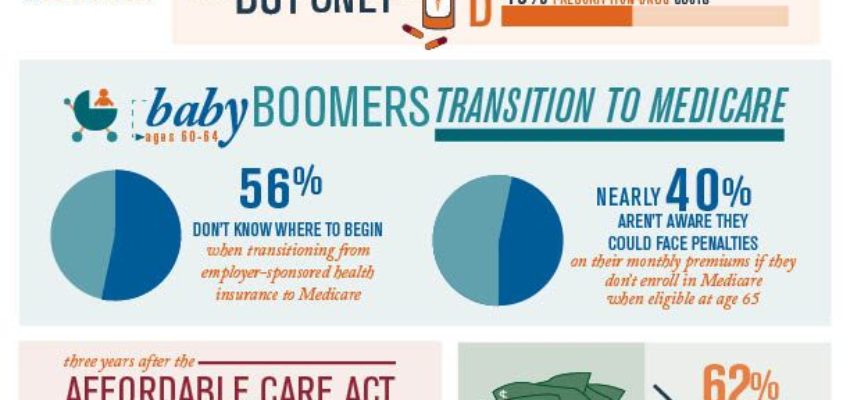Although there are millions of people on Medicare, many find it a confusing subject especially since there are so many different parts to it. For individuals approaching 65 or anyone who or just wants to understand more about how this insurance works, here’s a brief answer to the question; what is Original Medicare and what does it cover.
What Is Original Medicare
The federal government established Original Medicare, a federal health insurance program, in 1965. The following individuals may qualify for Medicare benefits:
- People age 65 or older
- Certain younger people with qualifying disabilities
- People with End-Stage Renal Disease (ESRD) or ALS (Lou Gehrig’s disease)
There are 2 parts of Original Medicare: Part A and Part B.
Medicare Part A
Medicare Part A is sometimes referred to as hospital insurance. It provides coverage for:
- Inpatient hospital care (once the enrollee is formally admitted)
- Skilled nursing facility care (following a qualifying hospital stay)
- Home health care (limited and medically necessary services)
- Hospice care for individuals with a terminal illness
For most people, Part A is free,there is no premium payment as long as eiither the beneficiary or thier spouse worked and paid Medicare taxes for a minimum of 10 years.
Please note: Although Part A covers hospital stays, it doesn’t cover long-term care such as; nursing homes, custodial care or unlimited days in a hospital or facility. There are limits to what it pays; beneficiaires must pay a portion of their expenses (cost-sharing), such as deductibles and coinsurance and copays.
Medicare Part B
Medicare Part B is also known as medical insurance. It provides coverage for the following:
- Doctor visits and outpatient medical care
- Preventive services such as; wellness visits, flu shots and cancer screenings
- Durable medical equipment (DME) this include things like; walkers, wheelchairs, oxygen as well as some diabetes supplies and more
- Lab tests and diagnostic imaging
- Mental health services
- Some home health care
Unlike Part A, beneficiaries do pay a monthly Part B premium. Fo rmost people, this is a standard amount although higher-income beneficiaries may pay an additional cost.
Click here to learn more about Part B eligibility
Part B coverage includes an annual deductible (this amount is adjusted annually). Typically beneficiaries pay 20% coinsurance for most covered services; in other words, Medicare pays about 80% of the cost leaving enrollees responsible for the remaining 20%.
What Original Medicare Doesn’t Cover
Original Medicare provides coverage for many medical expenses; although, they do not cover everything. Some important things to know about what Medicare does not cover:
- Prescription drugs (beneficiaries must enroll in separate Part D plan)
- Routine dental, vision, and hearing care
- Long-term custodial care
- Most care received outside the U.S.
In order to fill some of these coverae gaps, many people purchase additional insurance. Some of the plans people choose are; Medicare Supplement (Medigap) plans, Stand-alone PDP (prescprion Drug) plans, Medicare Advantage (Part C) plans. Beneficiaries also may opt for ancillary coverage like dental, vision and hearing or cancer heart attack and stroke plans.
Medicare agents; learn how to sell ancillary products with Medicare – watch a quick video.
Original Medicare provides valuable health coverage for millions of Americans, but it’s important to understand what it cover and what it doesn’t. Knowing the basics helps beneficiaries make informed decisions and avoid unexpected costs.














Recent Comments